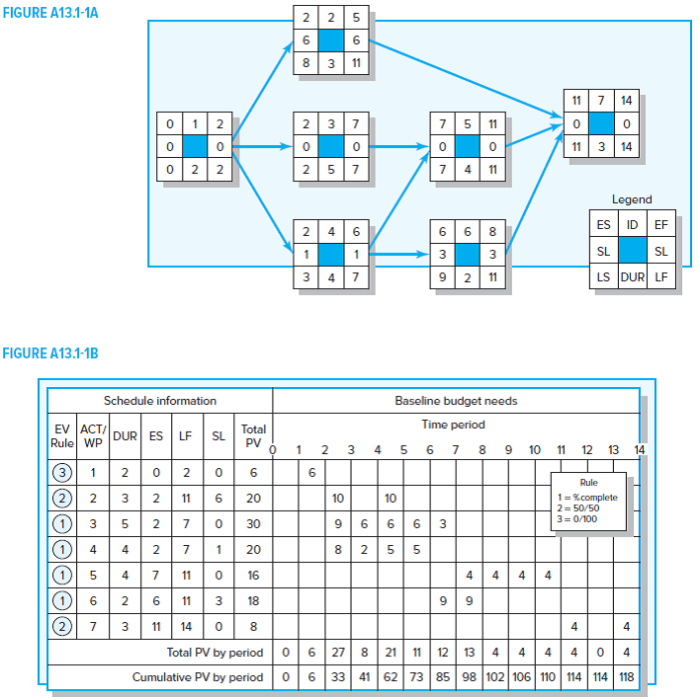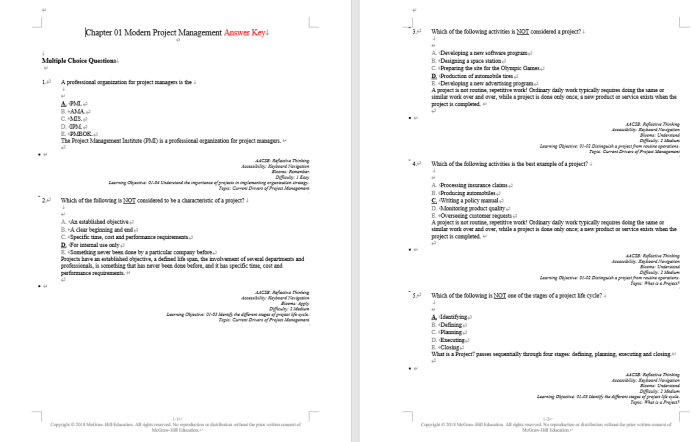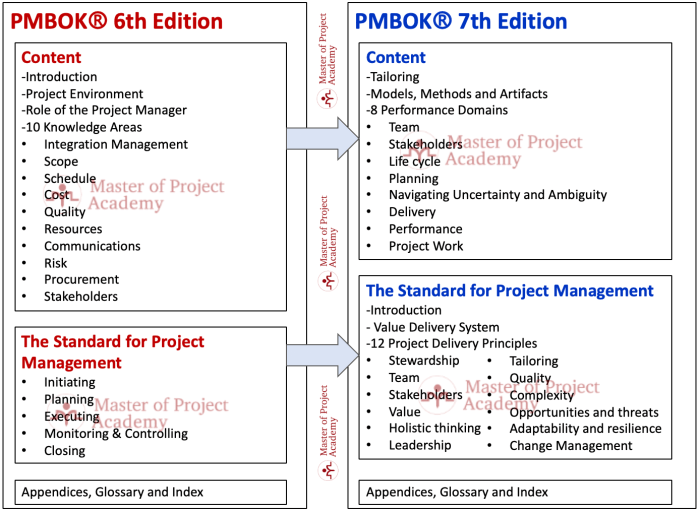Project management the managerial process 7th edition pdf – Project Management: The Managerial Process, 7th Edition is the definitive guide to project management, providing a comprehensive overview of the principles and practices that underpin successful project execution. This latest edition has been thoroughly updated to reflect the latest trends and developments in the field, making it an essential resource for project managers of all levels.
Throughout the book, readers will gain insights into the key elements of project planning, execution, control, and closure, as well as the importance of stakeholder management and communication. Real-world case studies and examples illustrate the practical application of project management principles, while discussions of emerging trends, such as agile methodologies and remote work, provide a glimpse into the future of the profession.
1. Introduction
Project management has become increasingly critical in today’s dynamic business environment. The ability to plan, execute, and control projects effectively can give organizations a competitive advantage.
The 7th edition of “Project Management: The Managerial Process” textbook provides a comprehensive overview of project management principles and practices. This revised edition incorporates the latest trends and best practices in project management, making it an invaluable resource for project managers and aspiring professionals.
2. Project Planning

Key Elements of Project Planning, Project management the managerial process 7th edition pdf
Project planning involves defining the scope of the project, creating a work breakdown structure (WBS), and developing a schedule.
The scope statement defines the project’s objectives, deliverables, and boundaries.
The WBS breaks down the project into smaller, manageable tasks.
The schedule establishes the timeline for completing the project’s tasks.
Role of Project Management Software
Project management software can assist with project planning and management by providing tools for creating WBSs, developing schedules, and tracking progress.
3. Project Execution

Phases of Project Execution
Project execution involves initiating the project, planning the work, executing the plan, monitoring progress, and closing the project.
During the initiation phase, the project team is assembled, and the project plan is finalized.
During the planning phase, the team develops detailed plans for executing the project.
During the execution phase, the team carries out the project plan.
During the monitoring phase, the team tracks progress and makes adjustments as needed.
During the closing phase, the project is completed, and deliverables are handed over.
Importance of Stakeholder Management and Communication
Stakeholder management and communication are crucial throughout the project lifecycle.
Stakeholders are individuals or groups who have an interest in the project.
Effective communication ensures that stakeholders are informed and engaged throughout the project.
4. Project Control
Techniques for Monitoring and Controlling Project Progress
Project control involves monitoring and controlling project progress to ensure that the project is completed on time, within budget, and according to specifications.
Earned value management (EVM) is a technique for tracking project progress by comparing actual costs and progress to planned costs and progress.
Risk management is a process for identifying, assessing, and mitigating project risks.
Importance of Making Timely Adjustments
It is essential to make timely adjustments to the project plan based on performance data.
Performance data provides information about the project’s progress and helps identify areas where adjustments are needed.
5. Project Closure

Steps Involved in Closing a Project
Project closure involves finalizing deliverables, evaluating project outcomes, and documenting lessons learned.
Finalizing deliverables ensures that all project deliverables are complete and meet the project’s requirements.
Evaluating project outcomes assesses the project’s success and identifies areas for improvement.
Documenting lessons learned captures the project’s experiences and best practices for future projects.
Importance of Documenting Outcomes and Sharing Lessons Learned
Documenting project outcomes and sharing lessons learned are essential for continuous improvement.
Documented project outcomes provide a record of the project’s success or failure.
Sharing lessons learned helps other project teams avoid pitfalls and improve their project management practices.
6. Case Studies: Project Management The Managerial Process 7th Edition Pdf
Real-World Projects Illustrating Project Management Principles
Case studies of real-world projects can provide valuable insights into the application of project management principles.
These case studies can illustrate the challenges and successes faced by project managers and provide lessons learned that can be applied to future projects.
7. Emerging Trends in Project Management
Agile Methodologies, Remote Work, and Artificial Intelligence
Emerging trends in project management, such as agile methodologies, remote work, and the use of artificial intelligence, are shaping the future of project management.
Agile methodologies emphasize flexibility, adaptability, and continuous improvement.
Remote work enables project teams to work from anywhere in the world.
Artificial intelligence can assist project managers with tasks such as risk management and progress tracking.
Common Queries
What are the key elements of project planning?
The key elements of project planning include scope definition, work breakdown structure, and scheduling.
What is the role of project management software in project planning and management?
Project management software can help project managers plan and manage projects by providing tools for creating project plans, tracking progress, and managing resources.
What are the various phases of project execution?
The various phases of project execution include initiation, planning, execution, monitoring and controlling, and closure.